|
"Routine maintenance of a horse's teeth has been historically referred to as "floating." Floating removes the sharp enamel points. Occlusal equilibration is the term now used to describe smoothing enamel points, correcting malocclusion, balancing the dental arcades and correcting other dental problems... A complete oral examination should precede any dental procedures." - The Importance of Maintaining the Health of Your Horse's Mouth by the AAEP Routine oral exams are a critical element in maintaining a healthy horse. Removing sharp points from a horse’s teeth ensures that they can chew correctly and alleviates oral ulceration. Sharp points and hooks can create painful areas which will cause a horse to resist the bit or begin to head toss. An oral examination can be performed to evaluate the need for dental occlusal equilibrium in your horse. Starwood Equine is proud to offer cordless PowerFloats for stall-side dentistry wherever your horse is located. Adhering to a regular oral exam schedule improves the likelihood of identifying and managing issues in the mouth prior to them becoming advanced problems. Oral examinations are important in the health management of the horse and we recommend that your horse receive a thorough sedated oral exam on an annual basis by a veterinarian. This may vary depending on your individual horse's teeth, age, and use but the end result is a healthier, more comfortable horse. Contact our office to discuss your horse's personalized oral health plan today. Sedated oral exams are preferred as it is difficult to palpate the back teeth and evaluate oral tissue without sedation and a full mouth speculum. Dr. Matheny was kind enough to risk her fingers being chomped in order to demonstrate the limited evaluation an unsedated exam offers. You can see in the skeletal image, only the first two premolars are palpable. Alternatively, in the image below a full visualization and palpation of the most caudal teeth is achievable. Owners noticing changes in their horse's eating habits and performance characteristics should be communicating with their veterinarian. A dental examination could be indicated. Catching abnormal conditions early keeps minor problems from becoming major issues. Once horses are showing signs of weight loss or experiencing difficulty eating it is likely that severe abnormalities are present in the horse's dentition . "Modern equine dentistry combines thorough knowledge of anatomy and biomechanics, current research and clinical findings with the most advanced equipment and the safest drugs to optimize your horse's dental health for a lifetime. Comprehensive dental care delivered regularly by an experienced veterinary professional may be one of the most beneficial health care services you can provide your horse." - Everything You Ever Wanted to Know About Equine Dentistry by Mary DeLorey, DVM Resources
0 Comments
|
Topics
All
Archives
May 2021
|
Privacy Policy | Copyright © 2019 Starwood Equine Veterinary Services, Inc. All rights reserved.

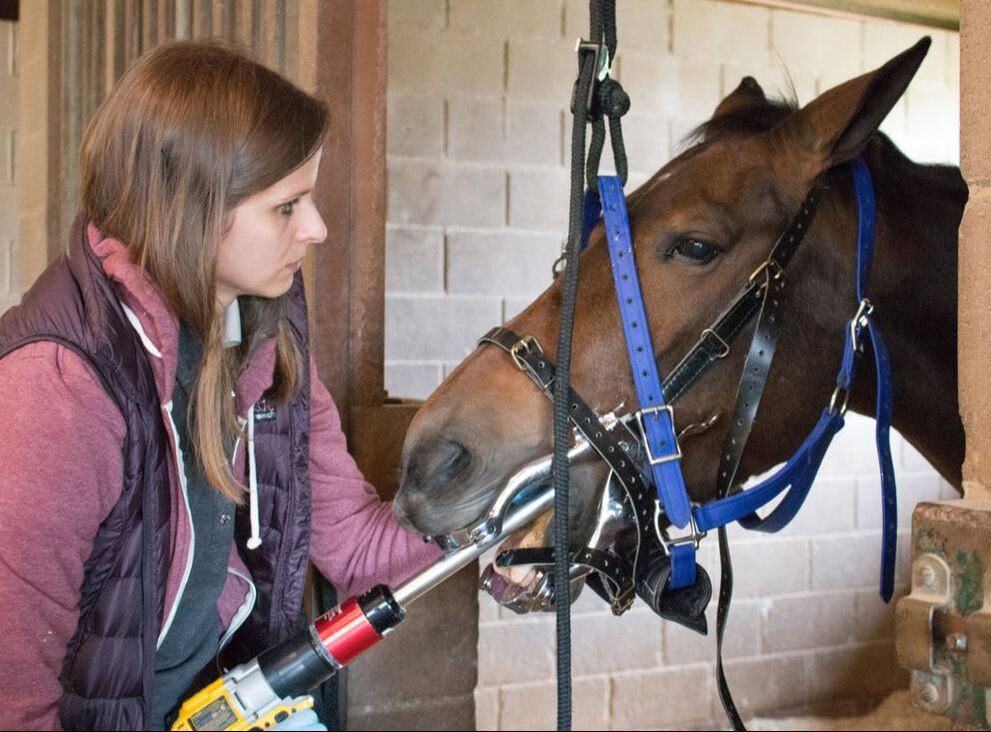
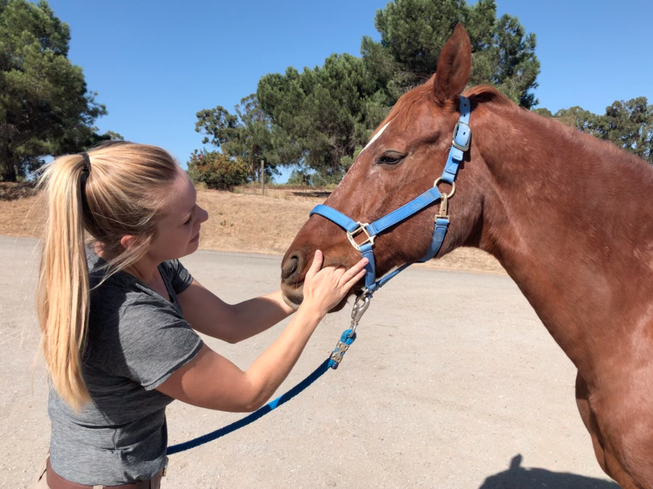
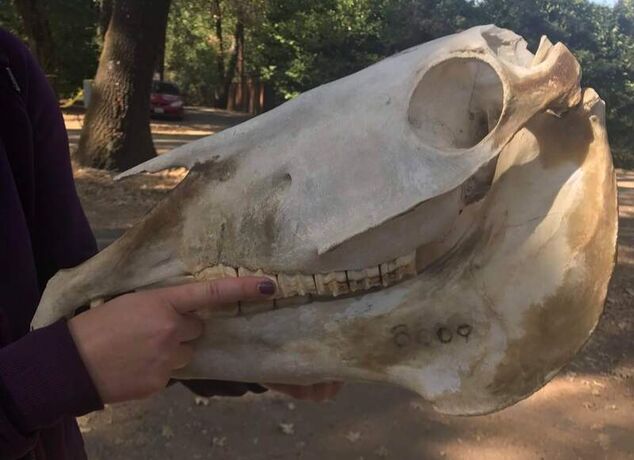
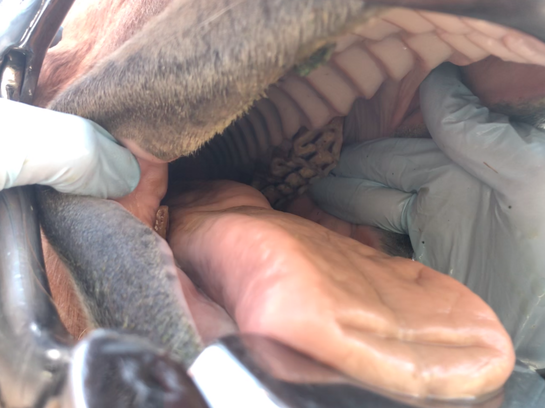
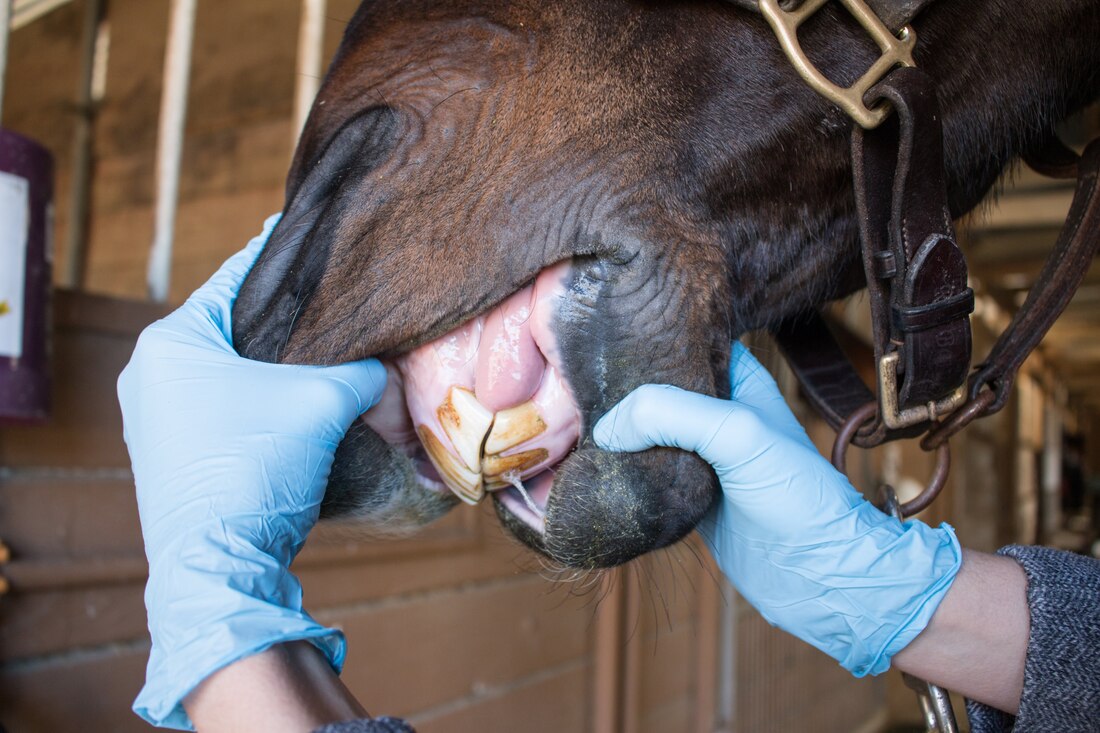
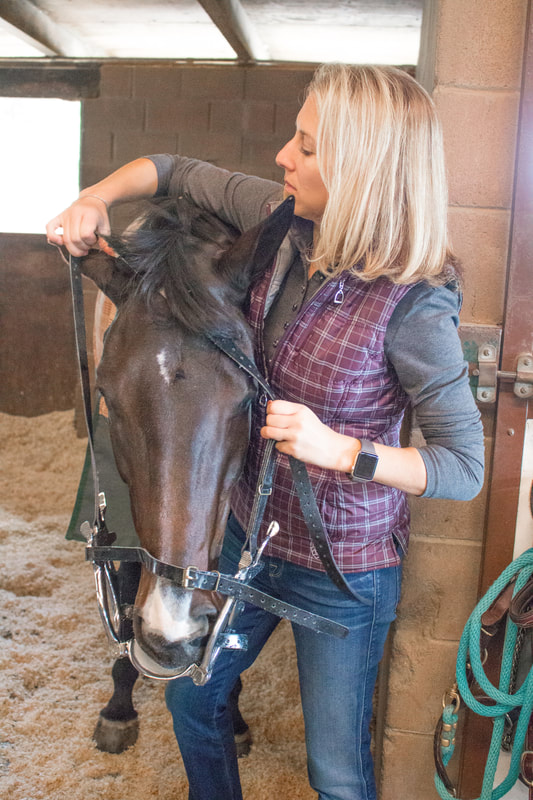
 RSS Feed
RSS Feed